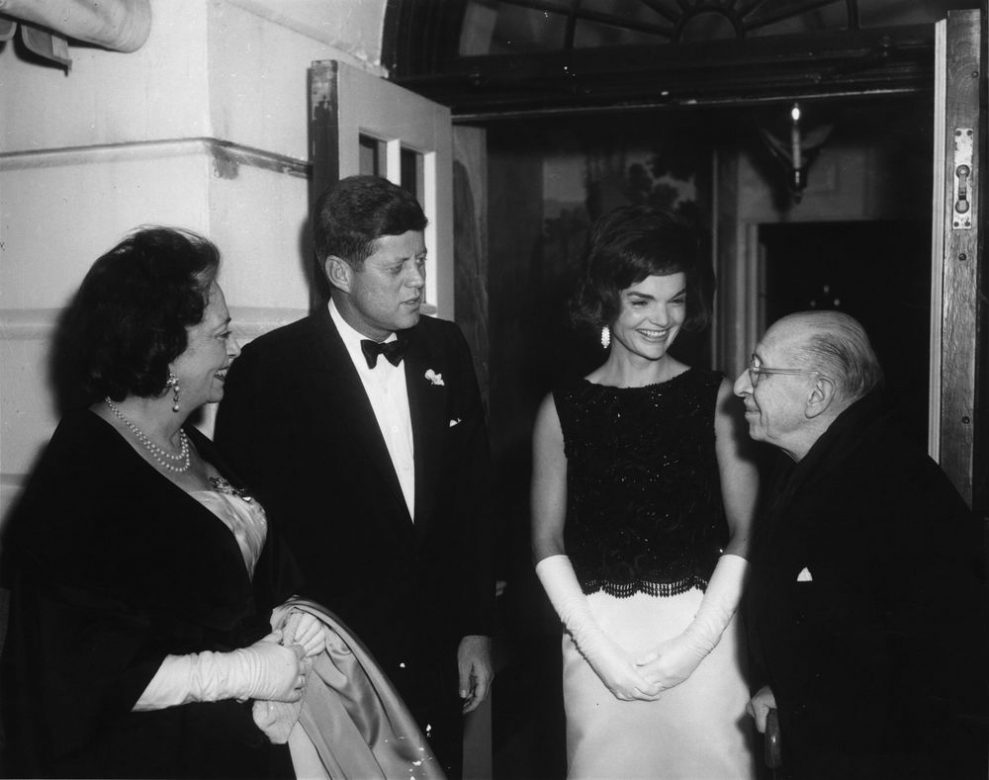by Jarrett Hoffman
CHANGES TO TODAY’S SCHEDULE:
The livestreamed “Tuesday Noon” concert from Church of the Covenant featuring organist Jonathan Moyer in Petr Ebenhas’ complete Nedêlní Hudba (“Sunday Music”) has been postponed to January 25 due to weather.
CLEVELAND ORCHESTRA NEWS:
Three pieces of news arrived from the Orchestra over the long weekend.
First, February 4 will bring the return of the In Focus series, available on the Adella streaming platform. Season Two contains six episodes, set to carry us through June. And now that the series exists alongside the Orchestra’s concert season, it’s taking a slightly different approach: it will include selected live performances from the second half of the 2021-22, set alongside interviews and features about the music and the music-making. See the schedule here.
Second, the 2022 Blossom Music Festival was announced on Sunday, and will run from July 2 through September 4 at the Orchestra’s summer home in Cuyahoga Valley National Park. Subscriptions are currently on sale, and individual tickets will be available beginning April 4. Take in an overview here.
And while the annual festivities celebrating MLK had to be postponed due to COVID-19, that didn’t stop the Orchestra from announcing the recipients of the Dr. Martin Luther King Jr. Community Service Award, recognizing individuals and organizations whose impact on Cleveland reflects the spirit of King’s teachings. The three winners for 2022 are Joan Southgate, Dolores White, and the Julia de Burgos Cultural Arts Center (pictured above, left to right). A formal presentation of the awards will take place onstage at Severance Music Center before the rescheduled MLK Celebration Concert on June 4.
TODAY’S ALMANAC:
Perhaps the most interesting anniversary on this date is not of a birth, a death, or a premiere, but of a dinner. The host was John F. Kennedy, the featured guest was a 79-year-old Stravinsky, and the setting was the White House, January 18, 1962. (Above, left to right: Vera de Bosset Stravinsky, JFK, First Lady Jacqueline Kennedy, and Igor Stravinsky.)
Pettiness, chumminess, politics, charm, and drunkenness were all a part of the evening:
- Pettiness: Stravinsky considered turning down the invitation because Pablo Casals — not a fan of Stravinsky artistically, and vice versa — had been there first, having performed at the White House two months earlier.
- Chumminess: Conductor Robert Craft felt that the event was “more a Kennedy-circle dinner, with political payoffs,” than a Stravinsky dinner — something that did not escape the composer himself either (see below).
- International politics: The backdrop of the event was the Cold War, and at this point, the Russian-born Stravinsky had been an American citizen for over fifteen years. When Kennedy asked his opinion on other Russian composers, Stravinsky replied, “Mr. President, I have left Russia since 1914 . . . I have not studied or heard many of the works of these composers. I have therefore no valid opinion.” The president was pleased.
- Charm: JFK reportedly made the perfect toast to the composer: short and humorous, but also moving. One guest later commented that Stravinsky — “an amiable man, very tiny, with a manner of twinkling gravity” — responded “with immense charm.”
- Drunkenness: Stravinsky departed after only a short time at the reception following dinner. The Washington Post wrote that he was tired from rehearsals of his opera Oedipus Rex, and that he left looking “exhausted — but happy.” But in a letter written the next month, Stravinsky described the “atrocious selection of 25 people who had nothing in common with me…what are we to do at such parties other than drink. . .” And when the president’s secretary approached Stravinsky to ask how he felt, his answer was “drunk.” Given the composer’s sharp tongue when sober, leaving early was probably a good call.
Despite his general abrasiveness, Stravinsky seemed to remember the event with gratitude. And after Kennedy was assassinated in late 1963, the composer responded a year later with his twelve-tone Elegy for J.F.K., setting a text by W.H. Auden written at Stravinsky’s request. Click here to listen to a performance from March 2021 featuring mezzo-soprano Sara Sheffield accompanied by two clarinetists and one alto clarinetist from the U.S. Marine Band.





